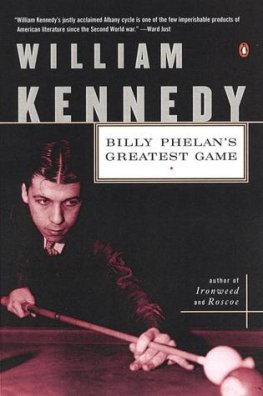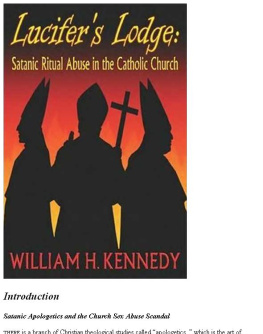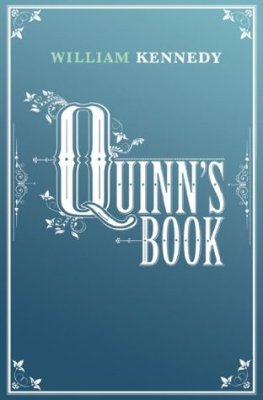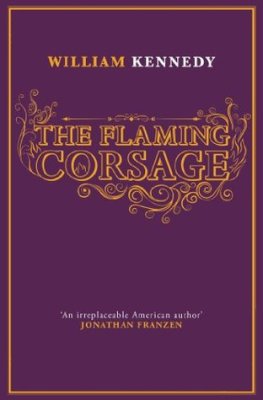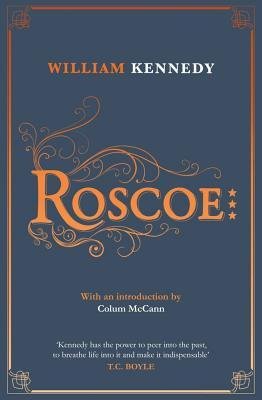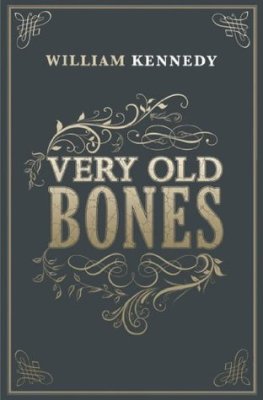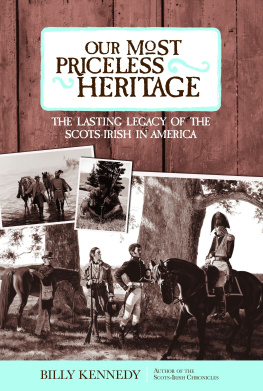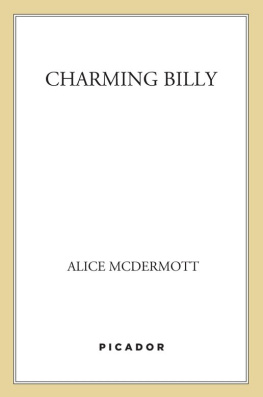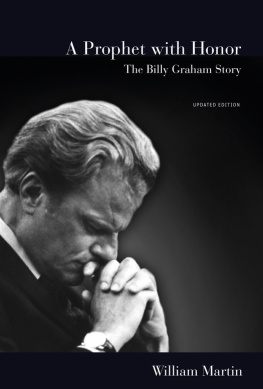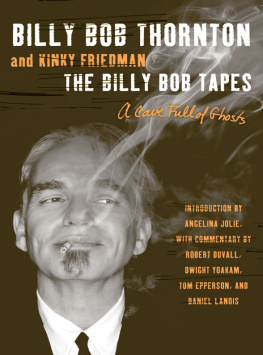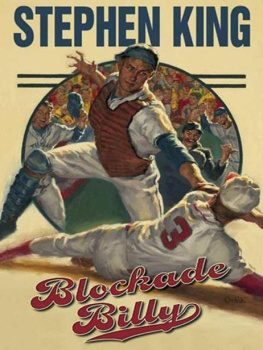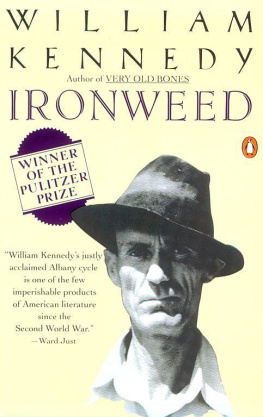William Kennedy
Billy Phelan's Greatest Game
For Brendan Christopher Kennedy, a nifty kid
The great archetypal activities of human society are all permeated with play from the start.
JOHAN HUIZINGA
The eternal child in man is an indescribable experience, an incongruity, a disadvantage, and a divine prerogative; an imponderable that determines the ultimate worth or worthlessness of a personality.
CARL JUNG
Because the city of Albany exists in the real world, readers may be led to believe that the characters who populate the Albany in this book are therefore real people. But there are no authentically real people in these pages. Some local and national celebrities are so indelibly connected to the era of the story that it would have been silly not to present them under their real names. But wherever a character has a role of even minor significance in this story, both name and actions are fictional. Any reality attaching to any character is the result of the authors creation, or of his own interpretation of history. This applies not only to Martin Daugherty and Billy Phelan, to Albany politicians, newsmen, and gamblers, but also to Franklin D. Roosevelt, Thomas E. Dewey, Henry James, Damon Runyon, William Randolph Hearst, and any number of other creatures of the American imagination.
WILLIAM KENNEDY
Martin Daugherty, age fifty and now the scorekeeper, observed it all as Billy Phelan, working on a perfect game, walked with the arrogance of a young, untried eagle toward the ball return, scooped up his black, two-finger ball, tossed it like a juggler from right to left hand, then held it in his left palm, weightlessly. Billy rubbed his right palm and fingers on the hollow cone of chalk in the brass dish atop the ball rack, wiped off the excess with a pull-stroke of the towel. He faced the pins, eyed his spot down where the wood of the alley changed color, at a point seven boards in from the right edge. And then, looking to Martin like pure energy in shoes, he shuffled: left foot, right foot, left-right-left and slide, right hand pushing out, then back, like a pendulum, as he moved, wrist turning slightly at the back of the arc. His arm, pure control in shirtsleeves to Martin, swung forward, and the ball glided almost silently down the polished alley, rolled through the seventh boards darkness, curving minimally as it moved, curving more sharply as it neared the pins, and struck solidly between the headpin and the three pin, scattering all in a jamboree of spins and jigs.
Attaway, Billy, said his backer, Morrie Berman, clapping twice. Lotta mix, lotta mix.
Ball is working all right, Billy said.
Billy stood long-legged and thin, waiting for Bugs, the cross-eyed pinboy, to send back the ball. When it snapped up from underneath the curved wooden ball return, Billy lifted it off, faced the fresh setup on alley nine, shuffled, thrust, and threw yet another strike: eight in a row now.
Martin Daugherty noted the strike on the scoresheet, which showed no numbers, only the eight strike marks: bad luck to fill in the score while a man is still striking. Martin was already thinking of writing his next column about this game, provided Billy carried it off. He would point out how some men moved through the daily sludge of their lives and then, with a stroke, cut away the sludge and transformed themselves. Yet what they became was not the result of a sudden act, but the culmination of all they had ever done: a triumph for self-development, the end of something general, the beginning of something specific.
To Martin, Billy Phelan, on an early Thursday morning in late October, 1938, already seemed more specific than most men. Billy seemed fully defined at thirty-one (the age when Martin had been advised by his father that he was a failure).
Billy was not a half-bad bowler: 185 average in the K. of C. league, where Martin bowled with him Thursday nights. But he was not a serious match for Scotty Streck, who led the City League, the fastest league in town, with a 206 average. Scotty lived with his bowling ball as if it were a third testicle, and when he found Billy and Martin playing eight ball at a pool table in the Downtown Health and Amusement Club, the citys only twenty-four-hour gamesters palace, no women, no mixed leagues, please, beer on tap till 4:00 A.M., maybe 5:00, but no whiskey on premises, why then Scottys question was: Wanna bowl some jackpots, Billy? Sure, with a twenty-pin spot, Billy said. Give you fifty-five for three games, offered the Scotcheroo. Not enough, but all right, said Billy, five bucks? Five bucks fine, said Scotty.
And so it was on, with the loser to pay for the bowling, twenty cents a game. Scottys first game was 212. Billy turned in a sad 143, with five splits, too heavy on the headpin, putting him sixty-nine pins down, his spot eliminated.
Billy found the pocket in the second game and rolled 226. But Scotty had also discovered where the pocket lurked, and threw 236 to increase his lead to seventy-nine pins. Now in the eighth frame of the final game, the match was evening out, Scotty steady with spares and doubles, but his lead fading fast in front of Billys homestretch run toward perfection.
Word of a possible 300 game with a bet on it drew the bar stragglers, the fag-end bowlers, the night manager, the all-night pinboys, even the sweeper, to alleys nine and ten in the cavernous old room, spectators at the wonder. No one spoke to Billy about the unbroken string of strikes, also bad luck. But it was legitimate to talk of the bet: two hundred dollars, between Morrie Berman and Charlie Boy McCall, the significance being in the sanctified presence of Charlie Boy, a soft, likeable kid gone to early bloat, but nevertheless the most powerful young man in town, son of the man who controlled all the gambling, all of it, in the city of Albany, and nephew of the two politicians who ran the city itself, all of it, and Albany County, all of that too: Irish-American potentates of the night and the day.
Martin knew all the McCall brothers, had gone to school with them, saw them grow up in the world and take power over it. They all, including young Charlie Boy, the only heir, still lived on Colonie Street in Arbor Hill, where Martin and his father used to live, where Billy Phelan used to live. There was nothing that Charlie Boy could not get, any time, any place in this town; and when he came into the old Downtown alleys with Scotty, and when Scotty quickly found Billy to play with, Charlie just as quickly found Morrie Berman, a swarthy ex-pimp and gambler who would bet on the behavior of bumblebees. A week ago Martin had seen Morrie open a welshers forehead with a shotglass at Brockleys bar on Broadway over a three-hundred-dollar dart game: heavy bettor, Morrie, but he paid when he lost and he demanded the same from others. Martin knew Morries reputation better than he knew the man: a fellow who used to drink around town with Legs Diamond and had hoodlums for pals. But Morrie wasnt quite a hoodlum himself, as far as Martin could tell. He was the son of a politically radical Jew, grandson of a superb old Sheridan Avenue tailor. In Morrie the worthy Berman family strain had gone slightly askew.
The bet between Charlie Boy and Morrie had begun at one hundred dollars and stayed there for two games, with Martin holding the money. But when Morrie saw that Billy had unquestionably found the pocket at the windup of the second game, he offered to raise the ante another hundred; folly, perhaps, for his boy Billy was seventy-nine pins down. Well yes, but that was really only twenty-four down with the fifty-five-pin spot, and you go with the hot instrument. Charlie Boy quickly agreed to the raise, whats another hundred, and Billy then stood up and rolled his eight strikes, striking somberness into Charlie Boys mood, and vengeance into Scottys educated right hand.

